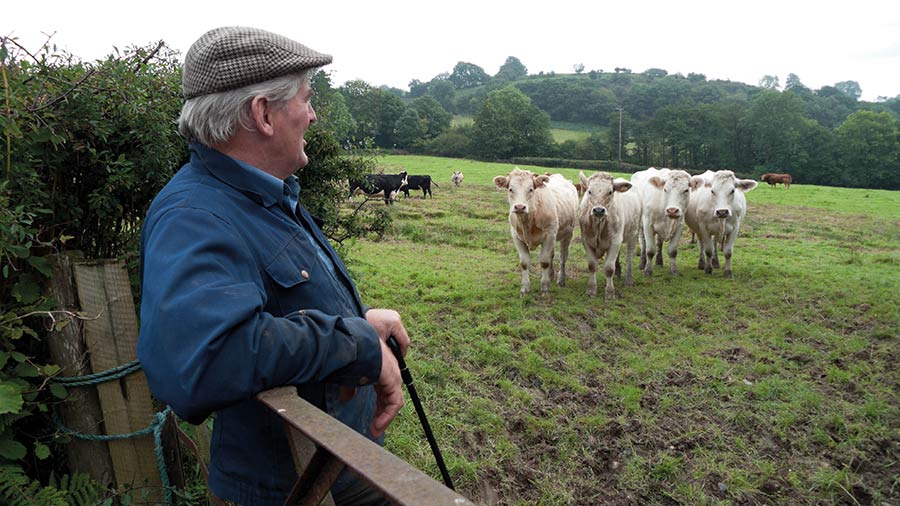Lump sum and delinking raise tax and timing questions
 © Kathy deWitt
© Kathy deWitt The tax and timing considerations for the Lump Sum Exit scheme and Basic Payment Scheme (BPS) delinking announcements need careful consideration and more information is needed from Defra, say advisers.
Every farm situation is different, and while the Lump Sum Exit scheme has attracted the most attention, the opportunity offered by delinking BPS payments from 2024 also merits consideration.
The lump-sum scheme will be attractive to a relatively small proportion of farmers and may help succession planning.
See also: Lump sum exit scheme to open in April with up to £100,000 available
For larger farmers considering retirement or diversification, delinking may offer a better opportunity to plan this over a longer period, with the reducing delinked BPS being paid until 2027 without the requirement to farm land or cross-comply.
Those who have already left farming may also qualify for the lump-sum payment. If you have given up land since 2020, the scheme is worth considering, said Hugh Townsend of Townsend Chartered Surveyors.
A farmer could have surrendered land before applying for the exit scheme, but they may need to have occupied at least some agricultural land on 17 May 2021, although they do not need to have submitted a claim in 2021, said Mr Townsend.
“It is unclear whether you could claim the lump sum if you surrendered all [except 5ha or less] of your land before 17 May 2021.
“At a minimum, you must at least have claimed in one year of the reference period [2019 at the earliest] as well as in 2018 or before.”
Lump-sum applications open in April, with a deadline of 30 September 2022, and the application form is expected to give more detail and guidance.
Inheritance tax
To claim the exit payment, farmers must either sell their land, rent it out, give it away, surrender a tenancy, or plant trees on it.
All of these could have inheritance tax (IHT) implications, said Sean McCann, a chartered financial planner at NFU Mutual.
Agricultural property relief (APR) can reduce or eliminate IHT on farmland and buildings, but if the sale proceeds are not reinvested into other qualifying assets, they would be subject to IHT if the owner were to die.
Those other assets do not have to be farming assets but they must be trading rather than investment assets.
“The most common trap is likely to be farmers who rent out their land but remain in the farmhouse,” said Mr McCann.
“This will mean, in many cases, they will lose APR on the value of their farmhouse as it will no longer be occupied by the farmer of the land.
“It can also cause issues where the land has an increased development or hope value.
“Although the land could still qualify for APR on the agricultural value, any potential development value would not qualify for relief, meaning families could end up with an unexpected inheritance tax bill.”
Mr McCann also cautioned that surrendering a tenancy and selling machinery and stock would create cash that would be subject to IHT if it was not reinvested into other qualifying business assets or pensions.
Lump-sum applicants who choose to plant trees on their land are likely to lose APR on the value of the land, said Mr McCann.
However, they may qualify for business property relief if the forestry or woodland is run as a commercial business.
Capital gains tax (CGT)
- Lump-sum payments will be chargeable to CGT at 10% or 20%, for which there is an annual personal exemption on the first £12,300 of gain.
- Business asset disposal relief (BADR) from CGT is available on qualifying assets, including Basic Payment Scheme entitlements, and reduces the CGT rate to 10%, with a £1m lifetime gain limit.
- Accountant Andrew Robinson, of Armstrong Watson, points out that assets must have been held and used in the business for at least two years to qualify and the business must cease.
- Payments made to a tenant as a result of a negotiated tenancy surrender are likely to be subject to CGT.
- While delinked payments will be treated as income, the loss of the market value of entitlements from 2024 could constitute an allowable loss for CGT purposes, which could be set off against capital gains made from other asset sales.
